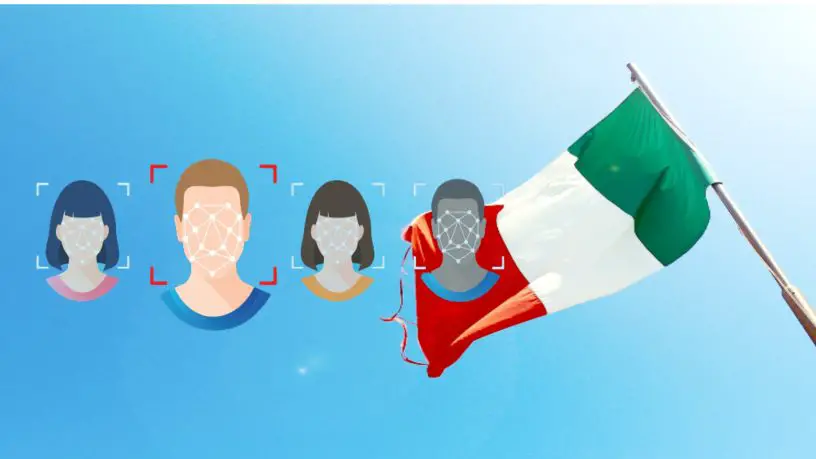After receiving several data protection complaints in February last year, the Italian privacy guarantor (GPDP) issued a €20,000,000 fine against Clearview AI. According to allegations, the business deployed biometric tracking in Italy without obtaining the users’ consent.
According to the guarantor’s investigation, approximately 10 billion images of people’s faces were taken from public websites, profiles and online videos. This biometric data was collected without authorization, and included images of Italian citizens.
Furthermore, the investigation also revealed that Clearview AI had improperly processed geolocation data, consequently violating fundamental GDPR (General Data Protection Regulation) rules.
Reports said that “The Authority also ordered the company to delete data relating to people who are in Italy and prohibited further collection and processing through its facial recognition system.â€
Clearview has refuted the allegations. CEO Hoan Ton-That said on Bleeping Computer:
“Clearview AI does not have a place of business in Italy or the EU, it does not have any customers in Italy or the EU, and does not undertake any activities that would otherwise mean it is subject to the GDPR.
I grew up in Australia and have long viewed Italy as a world center of art and design. I have deep respect for the country and its people. I created the consequential facial recognition technology known the world over with the purpose of helping to make communities safer and assisting law enforcement in solving heinous crimes against children, seniors and other victims of unscrupulous acts.
We only collect public data from the open internet and comply with all standards of privacy and law. I am heartbroken by the misinterpretation by some in Italy, where we do no business, of Clearview AI’s technology to society. My intentions and those of my company have always been to help communities and their people to live better, safer lives.â€
The GPDR rejected these claims, and the investigation found breaches of data privacy regulations.







